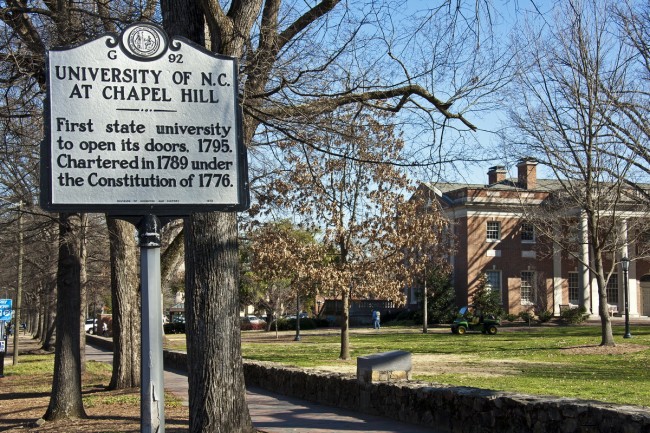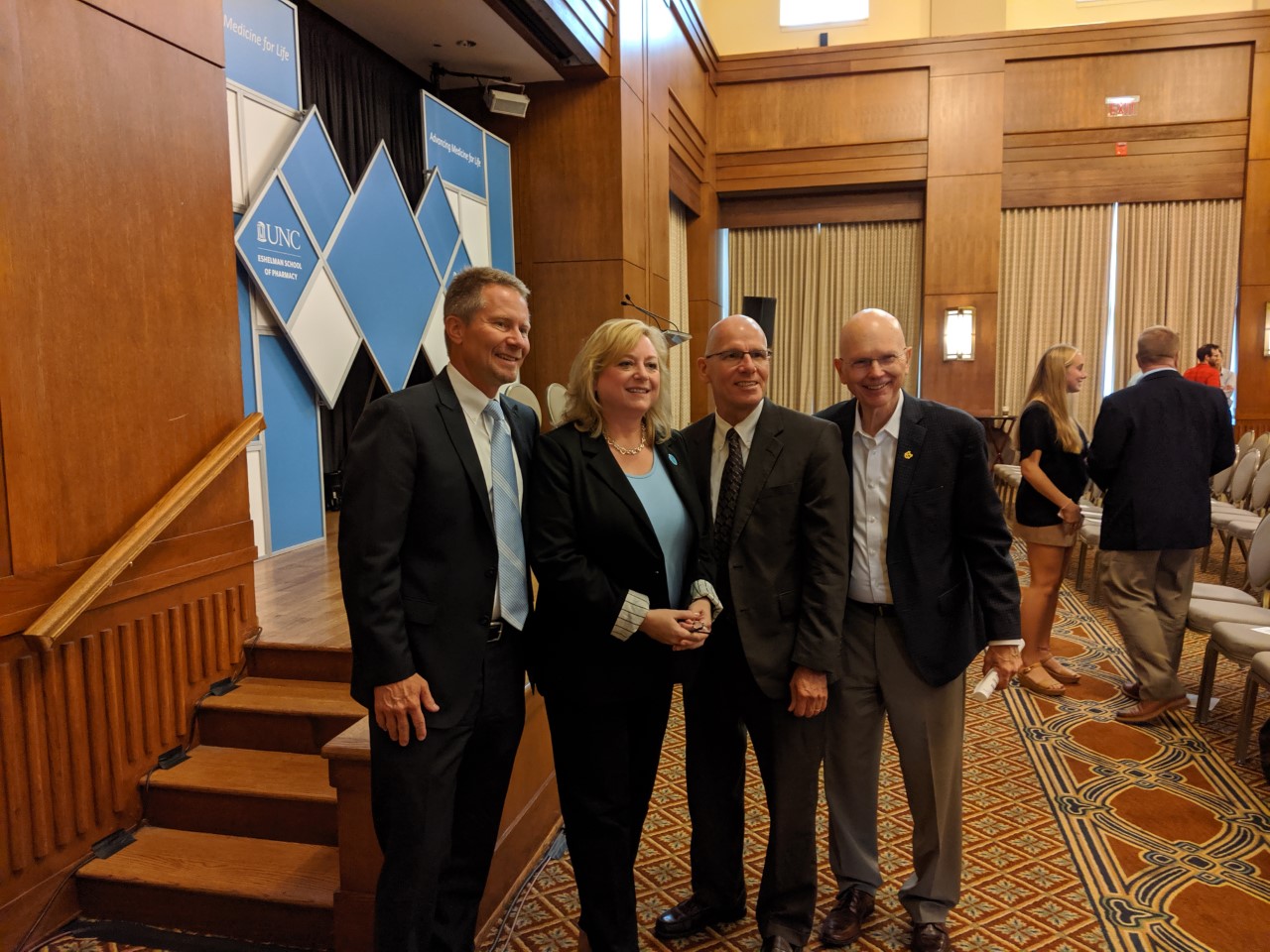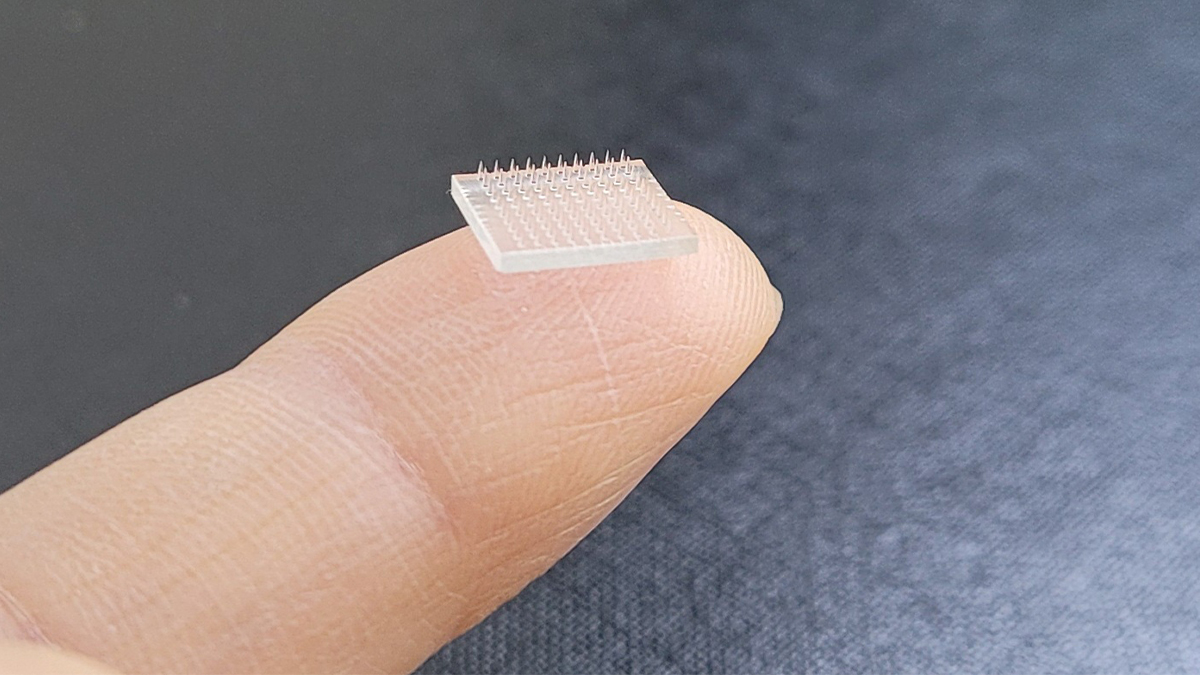There are more than 6,800 rare diseases in existence. These diseases are usually genetic, and include conditions like muscular dystrophy or cystic fibrosis.
Doctors are learning more about how to identify rare or orphan diseases in the United States, but not so much about how to treat them. That’s why UNC created the UNC Catalyst for Rare Diseases. It’s an initiative that aims to give patient groups and rare disease institutes the research tools to train scientists to create new treatments.
“Many of these foundations lack experimental laboratories to pursue these areas of research,” said Bob Blouin, Director of the Eshelmen Institute for Innovation at UNC. “Mainly because there’s limited funds or there is just a lack of fundamental understanding of the biology of that disease.”
Blouin is also the Dean of the Eshelmen School of Pharmacy. The Eshelmen Institute provided Catalyst with a $2 million grant to start the process. Blouin said studying these rare diseases is difficult for doctors and scientists, and developing cures for the diseases is even harder.
“Many of them have been left with a very poor understanding of the biology of the disease,” he said. “And it’s very difficult to develop new drugs or new drug therapies or new medical approaches towards those rare diseases until you fully understand the biology of that disease.”
But, he said studying one condition at a time can lead to many breakthroughs, especially as technology continues to evolve.
“We do believe that by attacking one at a time, and sharing the knowledge that we are gleaning from these early research activities will go a long way of helping even other diseases in understanding the challenges and perhaps the path that they might be able to take,” Blouin said.
UNC Catalyst will partner with the international Structural Genomics Consortium and with rare disease groups like the Genetic Alliance to fund the research scientists. With the funding, scientists will then be able to study the effects that certain genetic mutations have on the body. With that information, they can begin formulating plans for a treatment.
Blouin said even if UNC Catalyst can’t fund the treatment for every rare and orphan disease, he hoped that it will create the start these scientists need to get their research off the ground.
“If we could just accelerate the cure for five diseases—there are thousands of them,” he said. “But if we could start with a handful or a dozen to begin with, what good could that do for all the people who are potentially afflicted by them?”







Comments on Chapelboro are moderated according to our Community Guidelines